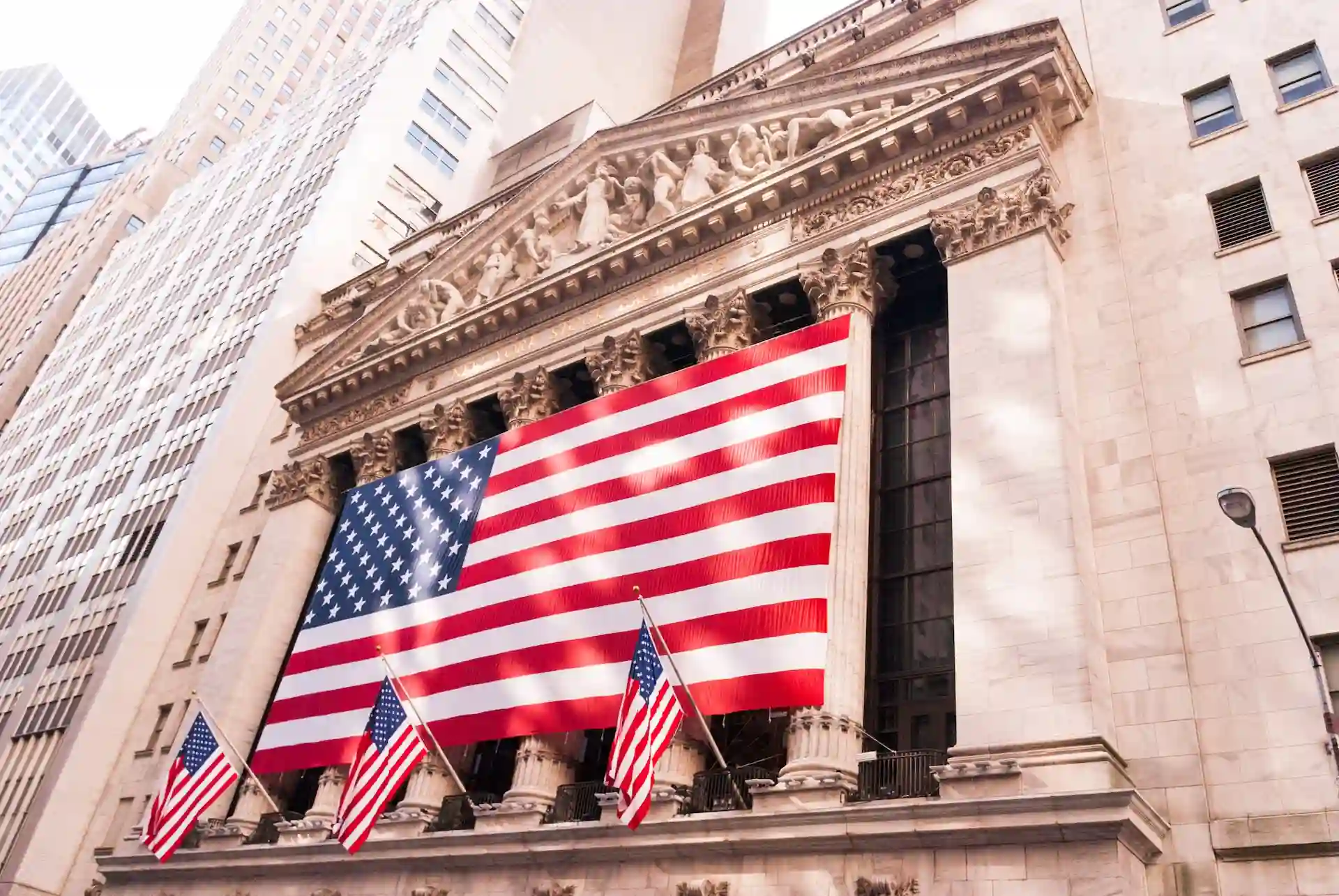
The token was born with blockchain technology. Since the creation of the first blockchain in 2008, by Satoshi Nakamoto, the token has become the biggest financial revolution since the advent of the internet and the personal computer.
So much so that we are now talking about three new concepts:
The tokenization of real estate,
The tokenization of assets,
The tokenization of the economy as a whole.
But, what does "tokenization" mean and why is it a revolution?
Tokenization is a cryptographic process. It is the action of using the blockchain to create tokens, which will contain digital data secured by this encryption process.
Tokenization is therefore a method of securing data. To explain it simply, a token consists of two things:
A sensitive information,
A code.
These two elements are perfectly separated, making impossible the reading of the token by a third party. The goal of the tokenization, is to make possible the reading and the use of the information only by two systems:
The system having generated the token,
The system authorized to detokenize the token.
In other words, if a token is intercepted by a hacker, the information which it contains will have absolutely no value, because this one will be able to be used only in the environment for which the token is intended.
It replaces a data by a code,
The generation of the code is random,
The token is not a sensitive data any more,
The information contained in the token is without value,
Tokenization is irreversible,
The token mapping is stored in an encrypted database.
Tokenization makes the link between the physical assets owned by a person, and the digital universe of the blockchain. It can be as much about cryptocurrency as it is about company shares.
Thus, tokenization makes it possible for companies to raise funds, which then use the technique known as ICO (Initial Coin Offering). It allows to generate two types of tokens:
Security tokens,
Utility tokens.
This dichotomy was made by the SEC (the American financial markets authority), based on a 1946 Supreme Court case law, known as the Howey test.
Security tokens are equity shares, also called "equity tokens". They allow to claim the distribution of dividends, but also a level of control over the company.
Security tokens generated in the course of a fundraising are therefore shares that are the property of the person who bought them. Its ownership is guaranteed by governments, which ensure the reality of this type of transaction.
Utility tokens behave like coupons, which allow access to goods or services offered by a company or any other actor. These tokens replace cash payments.
They do not allow to own a part of the capital. No dividends will be paid out and the holder will not have any say in the company's direction.
Remember what we said: tokenization bridges the gap between physical assets and the digital world, through the blockchain. Therefore, real estate is no exception to the rule of tokenization.
A real estate token allows you to invest in different ways, by buying:
A property,
A share of a real estate,
A right to benefit from a part of the rents,
An interest in a debt, guaranteed by a real estate (mortgage),
A share in the capital stock of a real estate developer.
Here is how a real estate can be transformed into a token, and especially how small savers can invest in real estate by buying tokens accessible for only 1$.
The tokenization of the economy represents all goods, services, financial assets, debts, which have been tokenized. The blockchain technology allows the development of this new field.
The blockchain, because of its decentralization, makes it possible to get rid of intermediaries, and thus to bring the economy closer to the economic agents, which are in particular the households.
We have seen it with the tokenization of real estate: blockchain allows a democratization of real estate investment. It's exactly the same for the economy in general.
Governments are currently setting up legal frameworks around transactions made via blockchains like Ethereum.
Standards are already respected regarding the creation of each token, with the ERC-20 and ERC-720 standards, which ensure the exchange and tracking of each token on P2P networks (peer-to-peer).
Markets have been created, allowing the exchange, purchase and sale of assets in the form of tokens. Because what the tokenization of the economy offers is the possibility for everyone to invest in companies, without bureaucratic hindrance, without paperwork.
It is the guarantee for local communities to be able to support the companies that form their employment basin. For companies, it is the possibility to raise funds quickly to face economic hazards.
Thanks to the tokenization of the economy, everyone can now become an investor, regardless of their financial means. The token opens the way to the participation of all in the market, and to the possibility of taking back the power as an economic actor.
The security offered by the blockchain, by ensuring that each token is unique, eliminates the risk of double spending, and therefore guarantees the value of the digital economy, backed by the real economy.
The token and tokenization also open the way to a fictitious economy, disconnected from any real value.
The tokenization of the economy represents all goods, services, financial assets, debts, which have been tokenized. The blockchain technology allows the development of this new field.
The blockchain, because of its decentralization, makes it possible to get rid of intermediaries, and thus to bring the economy closer to the economic agents, which are in particular the households.
We have seen it with the tokenization of real estate: blockchain allows a democratization of real estate investment. It's exactly the same for the economy in general.
Governments are currently setting up legal frameworks around transactions made via blockchains like Ethereum.
Standards are already respected regarding the creation of each token, with the ERC-20 and ERC-720 standards, which ensure the exchange and tracking of each token on P2P networks (peer-to-peer).
Markets have been created, allowing the exchange, purchase and sale of assets in the form of tokens. Because what the tokenization of the economy offers is the possibility for everyone to invest in companies, without bureaucratic hindrance, without paperwork.
It is the guarantee for local communities to be able to support the companies that form their employment basin. For companies, it is the possibility to raise funds quickly to face economic hazards.
Thanks to the tokenization of the economy, everyone can now become an investor, regardless of their financial means. The token opens the way to the participation of all in the market, and to the possibility of taking back the power as an economic actor.
The security offered by the blockchain, by ensuring that each token is unique, eliminates the risk of double spending, and therefore guarantees the value of the digital economy, backed by the real economy.
The token and tokenization also open the way to a fictitious economy, disconnected from any real value.
Without blockchain and the tokenization of assets, virtual reality would not have the same potential. Tokenization makes the internet of value possible. Virtual communities that aggregate around gaming and social networks.
This trend of crypto-communities now allows the buying and selling of virtual land plots, like on the Decentraland platform, through a cryptocurrency called MANA.
The return on investment exceeds anything that can exist in the real world. While in 2017, each plot of land had a value of $20 on this platform, a record sale was made in 2021 for $2 million. This means its value has increased 100,000-fold in just 4 years.
Value is now exchanged as fast as information, making it possible to build real empires, which can be sold in real currencies this time.
In collaboration with Web3 Academy
FOLLOW THEMETAECONOMIST ON INSTAGRAM
READ ALSO ---> A focus on Decentralization

I'm a man in my thirties, a husband and a father. I'm french and expert in writing. I studied law at the University and I got one of my degrees in the UK. I had the chance to travel the world, to work in Canada, to visit multiple countries enhancing my cultural background. Although I can't sing, I can't dance and that I'm terrible in sciences, I'm an expert in sculpting sentences, playing with words, tones, style effects and so on, making an article a piece of art.





